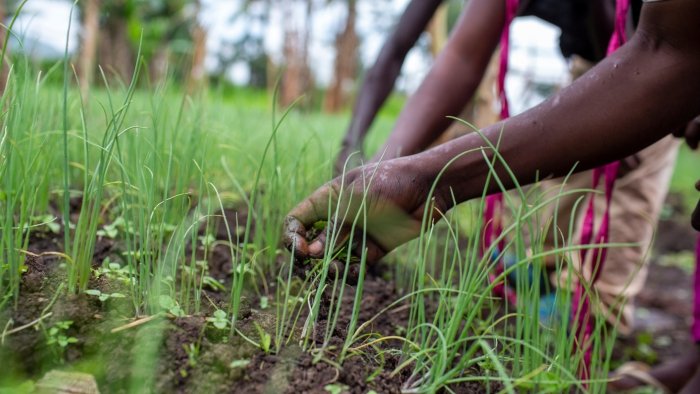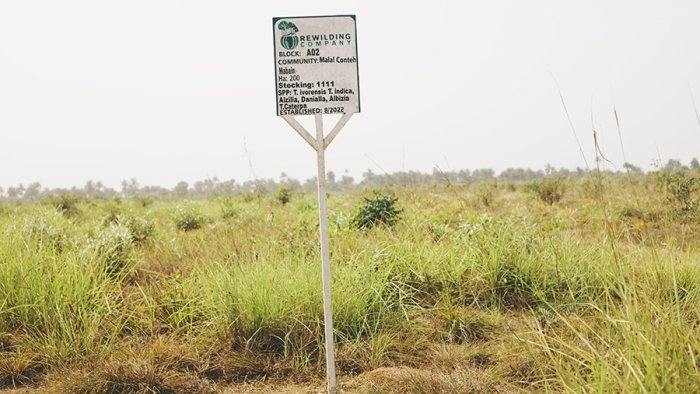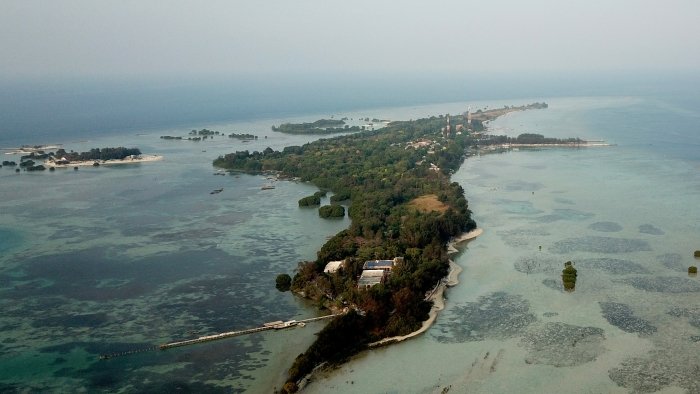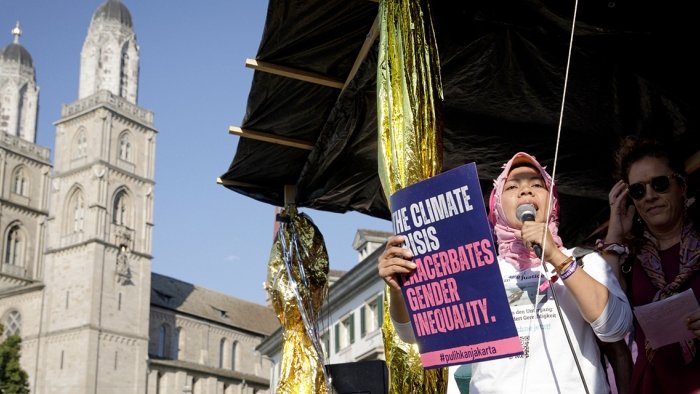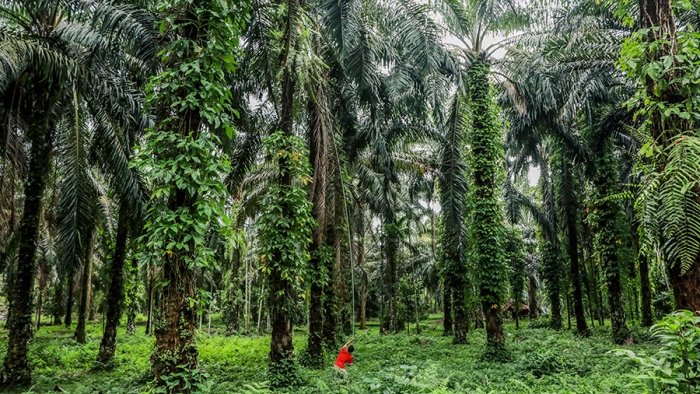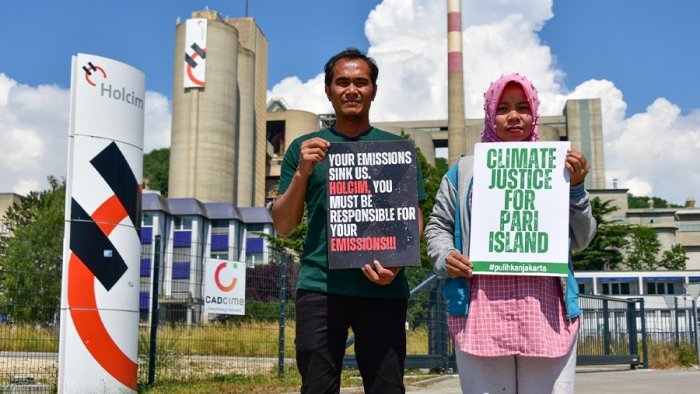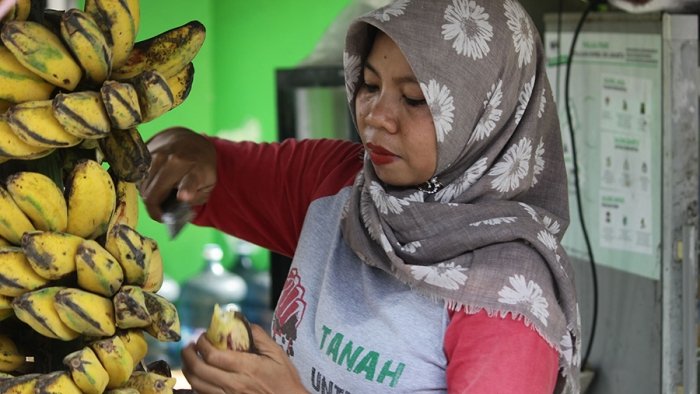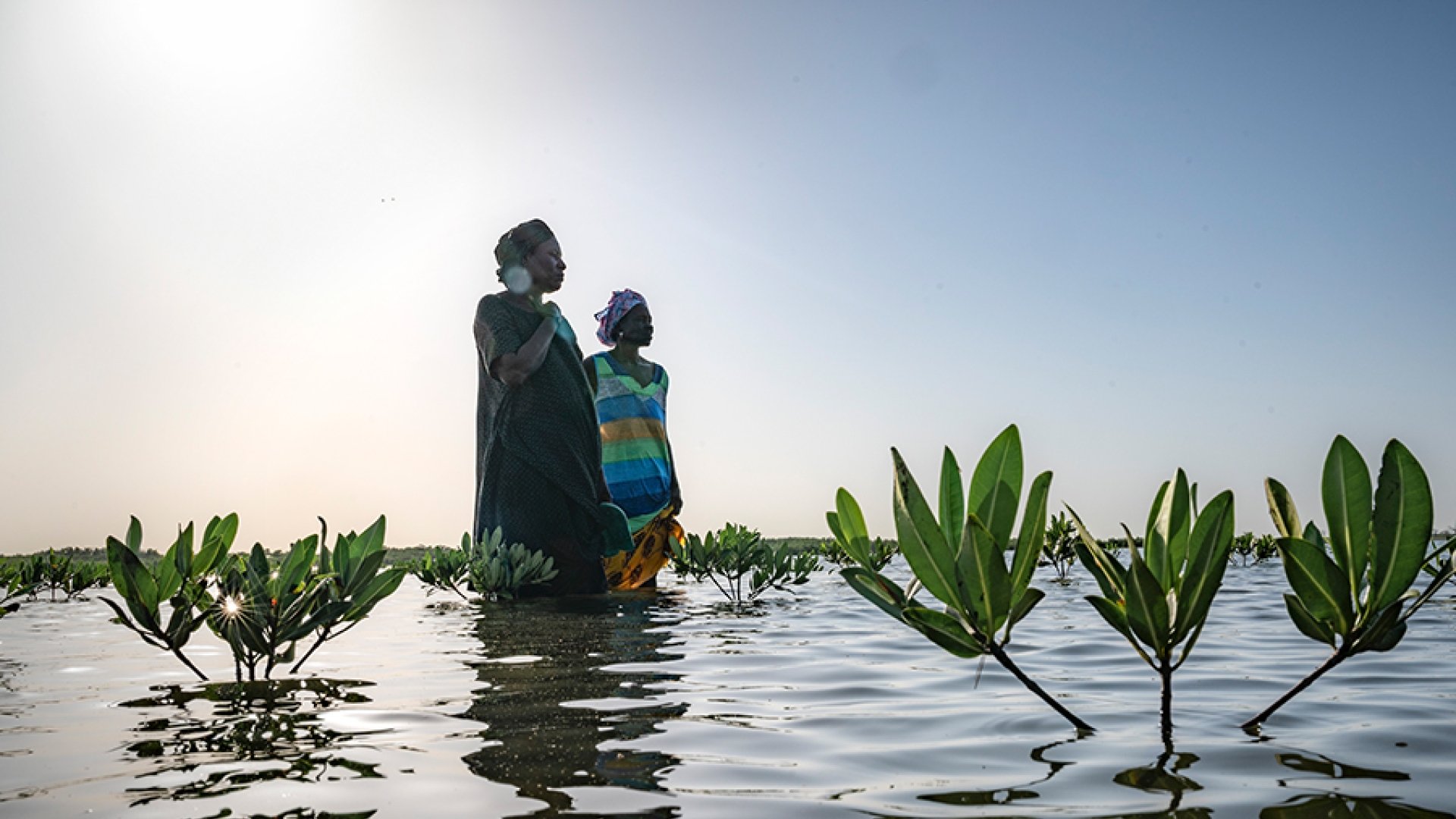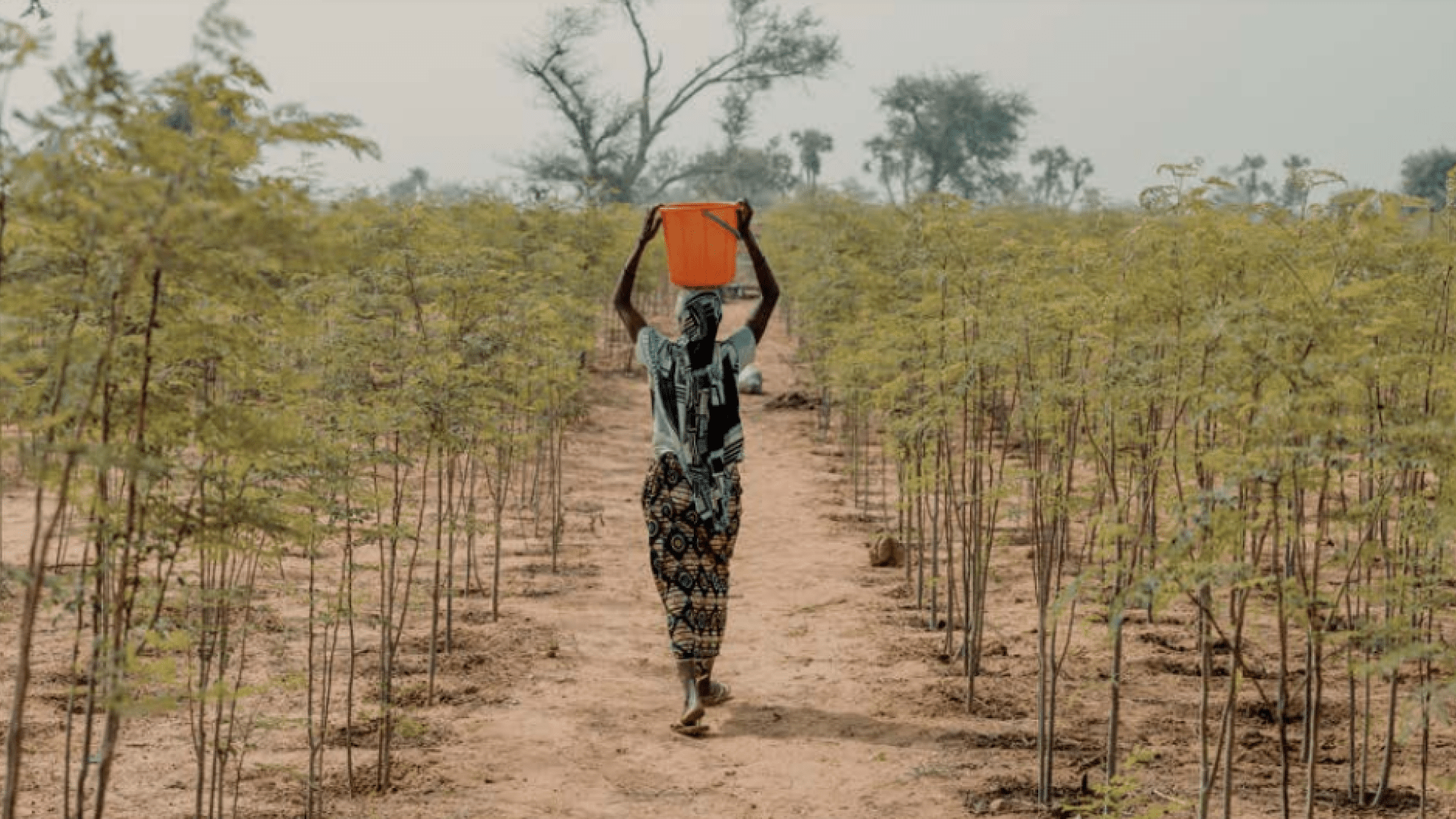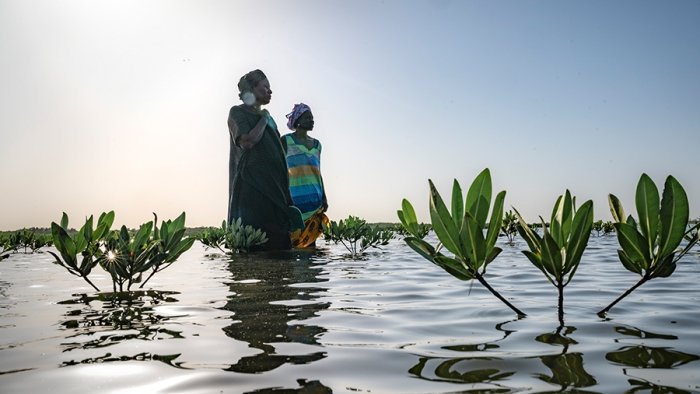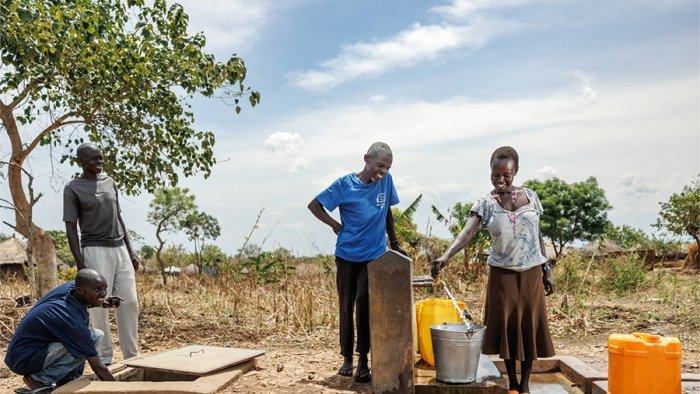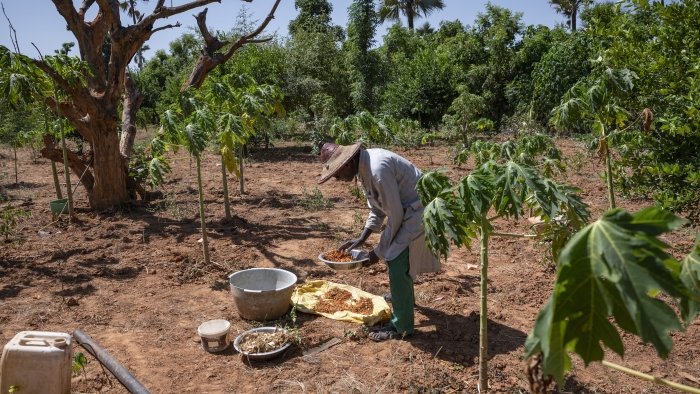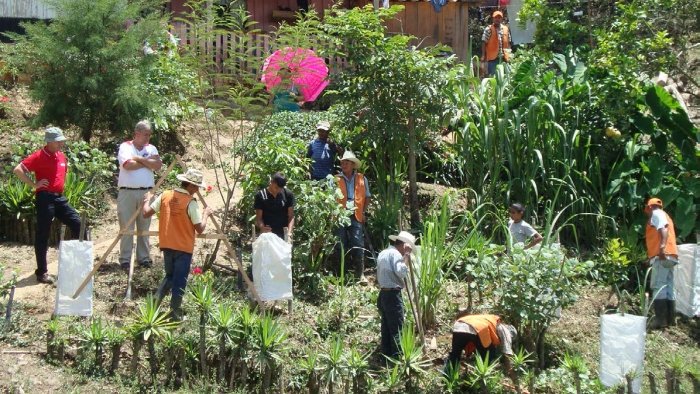

Climate justice
The climate crisis means not just rising temperatures, but also higher sea levels and more extreme weather events. The consequences are being felt ever more distinctly around the world: heavy rainfall, flooding, extreme drought, melting glaciers and low-lying coasts disappearing into the sea. Soil erosion and landslides are on the rise, entire ecosystems are collapsing, and once rich agricultural soils are becoming depleted. While the industrialised nations are the ones mainly responsible for global warming, it is mainly the people in poor countries south of the equator who suffer the consequences; ever more frequently their livelihoods are being destroyed by the impacts of climate change. This is what motivates HEKS/EPER and its partner organizations to militate for greater climate justice.
The rich industrialised countries must now rapidly and resolutely reduce their climate-damaging emissions to zero. They must also offer appropriate support to developing countries being affected by a climate crisis largely not of their own making, as they strive to adapt and protect themselves against it. But climate justice also means intergenerational justice: we must act now to preserve for future generations an environment that is worth living in. This must mean taking account of and respecting the fundamental human rights of affected communities, including the right to development, to water, or their land rights.
Climate Conversations
Set your own life on a climate-friendly path




